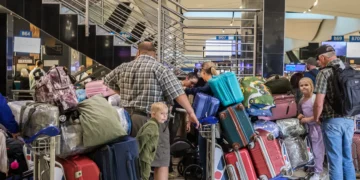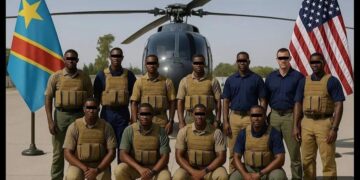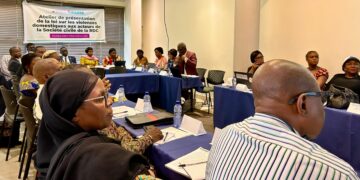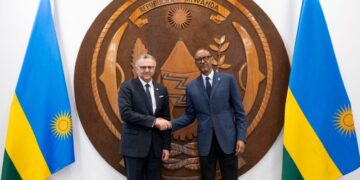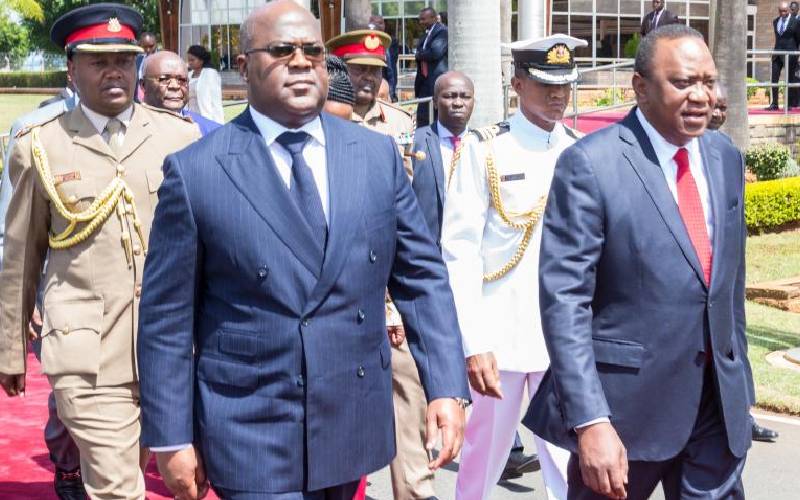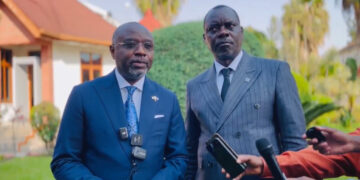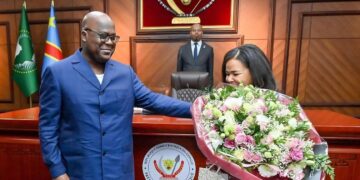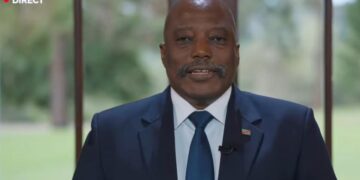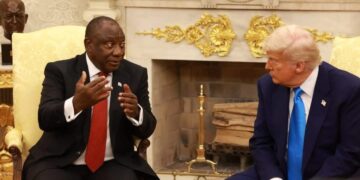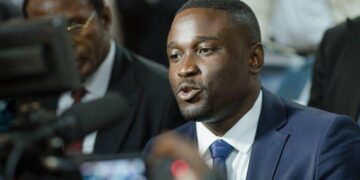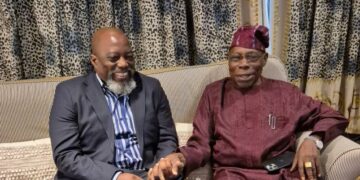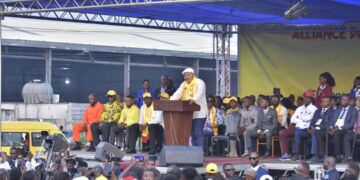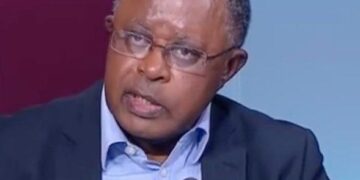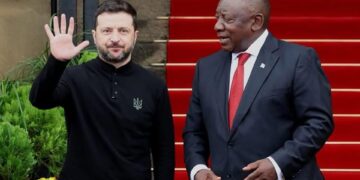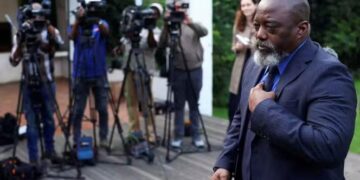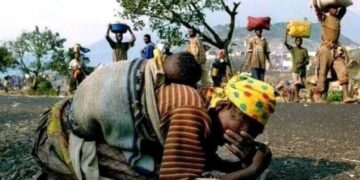The announcement was read publicly on RTNC, the national broadcaster, underscoring its significance.
“After frank and constructive discussions, representatives of the Democratic Republic of Congo and the AFC/M23 have agreed to work toward the establishment of a truce that would allow for the implementation of an effective ceasefire,” the statement read.
This marks the first time in months that both sides have publicly acknowledged progress toward de-escalation. The agreement, though still tentative, could pave the way for a broader peace process aimed at ending violence that has displaced hundreds of thousands and destabilized the eastern provinces of the country.
The M23 is a rebel group primarily composed of Tutsi fighters, many of whom are former members of the Congolese army. The group resurfaced in late 2021 after years of dormancy, citing grievances including discrimination, lack of reintegration, and threats against their community. Since then, clashes between M23 and government forces have intensified, particularly in the North Kivu province.
Kinshasa has repeatedly accused neighboring Rwanda of supporting the M23 rebels, a claim Kigali denies further complicating regional dynamics and raising fears of a broader conflict.
The latest development comes amid increasing pressure from regional blocs and international actors, including the East African Community (EAC), the African Union (AU), and the United Nations. Several mediation attempts have been launched in the past year, including talks in Luanda and Nairobi, but until now, none had yielded a public commitment from both parties.
The announcement of a potential truce follows a new round of backchannel diplomacy involving regional mediators and possibly international envoys, though details remain closely guarded.
While the joint declaration is a promising step, experts caution that the path to a durable ceasefire and lasting peace remains uncertain. Key issues—such as disarmament, reintegration of fighters, humanitarian access, and justice for atrocities will need to be addressed in future negotiations.
There are also questions about whether all factions of the M23 will comply, and if the Congolese army (FARDC) will halt operations on the ground. Trust remains low on both sides, and previous ceasefire announcements have collapsed within days.
Still, for many Congolese caught in the crossfire, the declaration offers a rare glimmer of hope. Civil society organizations and humanitarian groups are watching closely, calling for concrete actions to follow the words.


